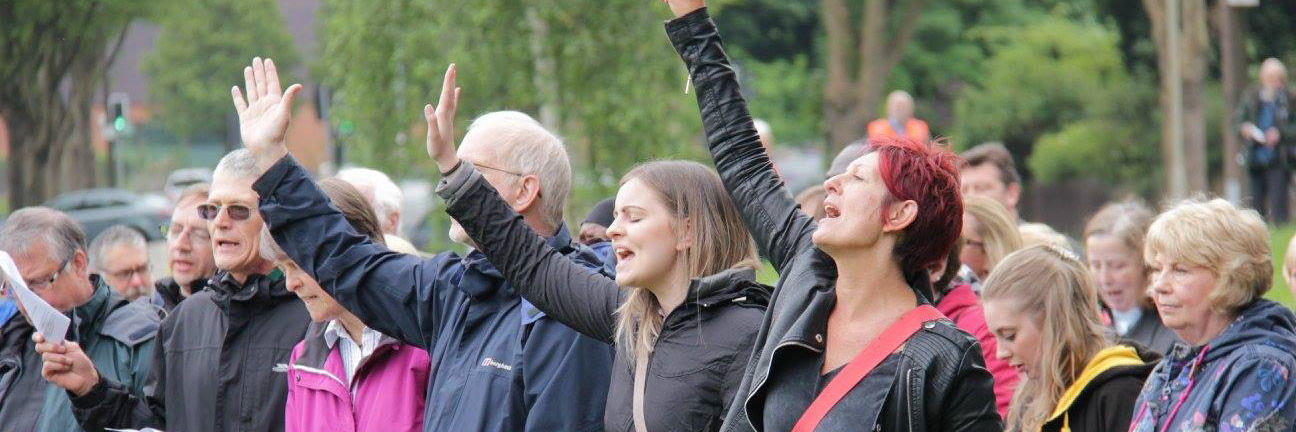
The Church has many different ways to talk about being a Christian. And there are even more different ways in which individuals live out their Christian calling than there are words for.
Discipleship and stewardship are two central ways in which Christians think about what it means. This is central to the fifth of our Kingdom People characteristics – devoted to growing deeply in discipleship, offering our time, talents and money to God.
Discipleship
The English word disciple translates a word which essentially means "learner". In St Matthew's account of his life, Jesus called people to "come to me … and learn from me" (Matt 11:28-9). A disciple is a life-long learner, who tries to listen to Jesus as their most important teacher.
In the gospels, Jesus chooses his disciples, and calls them first and foremost to spend time with him, learning from his ministry. But even in his short earthly lifetime, and even shorter earthly ministry, he also sends them out to speak about the kingdom of God, and put it into loving action through prayer and healing.
At the end of St Matthew's gospel, he passes his mission on to them, and tells them to turn the world into disciples. Being a disciple, according to those final words of Jesus, starts with baptism but is carried on by learning to obey everything he has taught them to do. A considerable amount of what Jesus taught them to do can be described as "stewardship".
Stewardship links
If you want to explore more, there are two excellent starting points
- The Church of England's Parish Resources Hub
- Stewardship - a charitable company encouraging generosity
Stewardship in a nutshell
In a nutshell, stewardship is an attitude that colours the whole of life. It says to God, in the words attributed by the book of Chronicles to King David,
"All things come from you, and of your own have we given you" (1 Chronicles 29:14).
Those words have often been used when a collection is taken, but they apply to far more than money. They apply to everything we have, from how we respond to the question "Have you got a minute?" to how we live responsibly as citizens in a global economy and on a planet facing significant environmental change.
Nonetheless, money, alongside the use of our time, has a very particular role to play in helping us think about being a disciple, someone who wants to learn from Jesus. Our diaries and our bank statements can be seen a bit like sacraments of our discipleship. They give a material shape to what we say about our commitment to follow Jesus.
Christians have a materialistic faith. The Church doesn't speak an abstract philosophical language of 'incarnation', but it tells stories about the historical person who showed the world God’s face. Christians don’t simply sit in silence remembering Jesus, they share bread and wine as vehicles for bringing those past memories into a present encounter. As worshippers, we pour water, and anoint with oil, and lay on hands, and do all sorts of other material things.
When we talk about stewardship, we put the giving of our time, abilities and money in exactly that context. It gives material and physical expression to the love we profess for God and neighbour in hours and minutes, in pounds and pence.
The first part of the 'Kingdom People' benchmark says, we are "devoted to growing deeply in discipleship". That is the underlying attitude, the inward and spiritual grace. The second part of the characteristic speaks of "offering our time and talents and money to God". That is the outward and visible sign, a symbol of the selflessness we are learning to practise as disciples of Jesus.
Stewardship is a sacrament of the love we are called to, the love of God and the love of neighbour. It is what people begin to do when they try to do all that Jesus commanded; when they come to see themselves as disciples: people who want to spend time with Jesus, and learn from him.